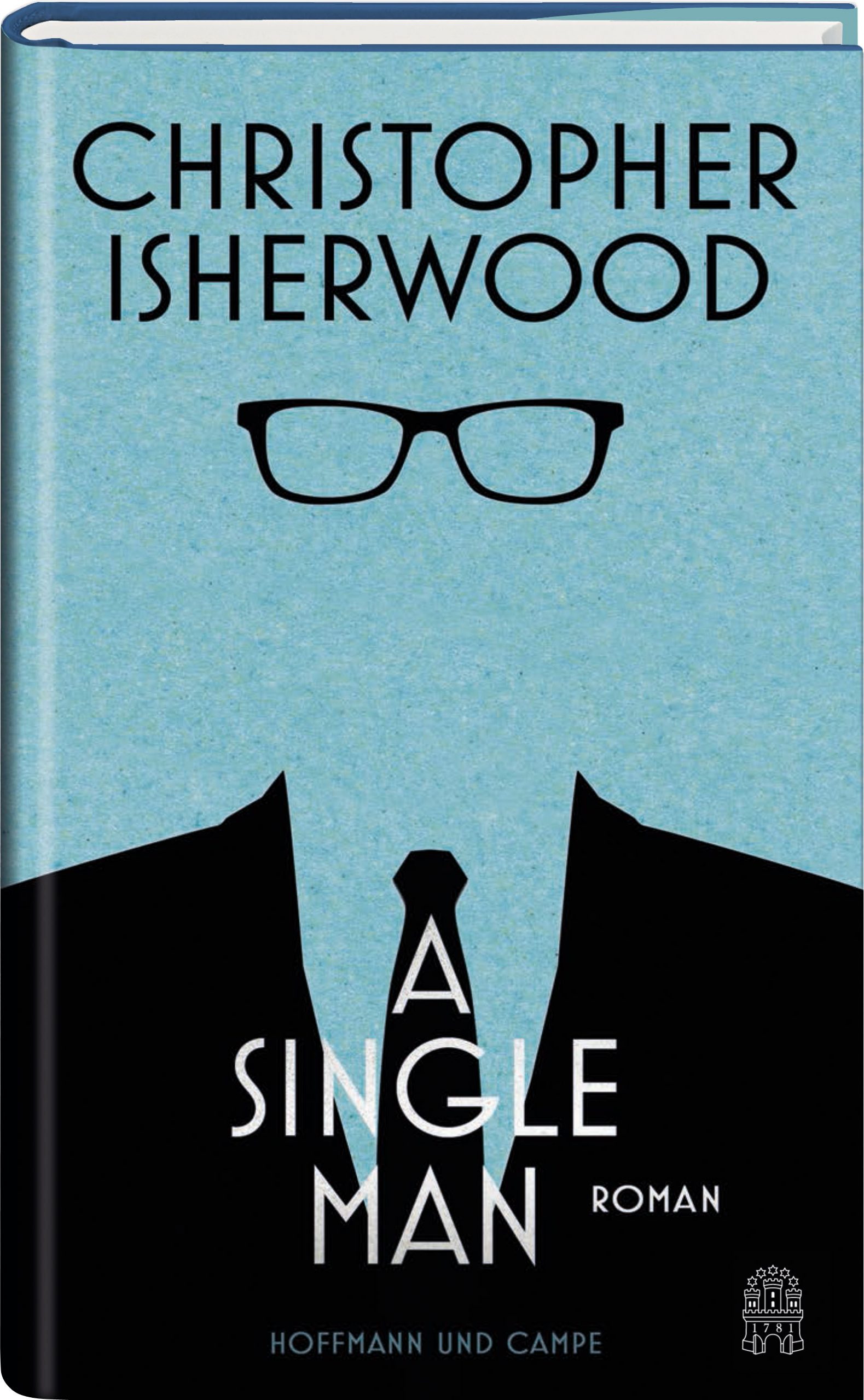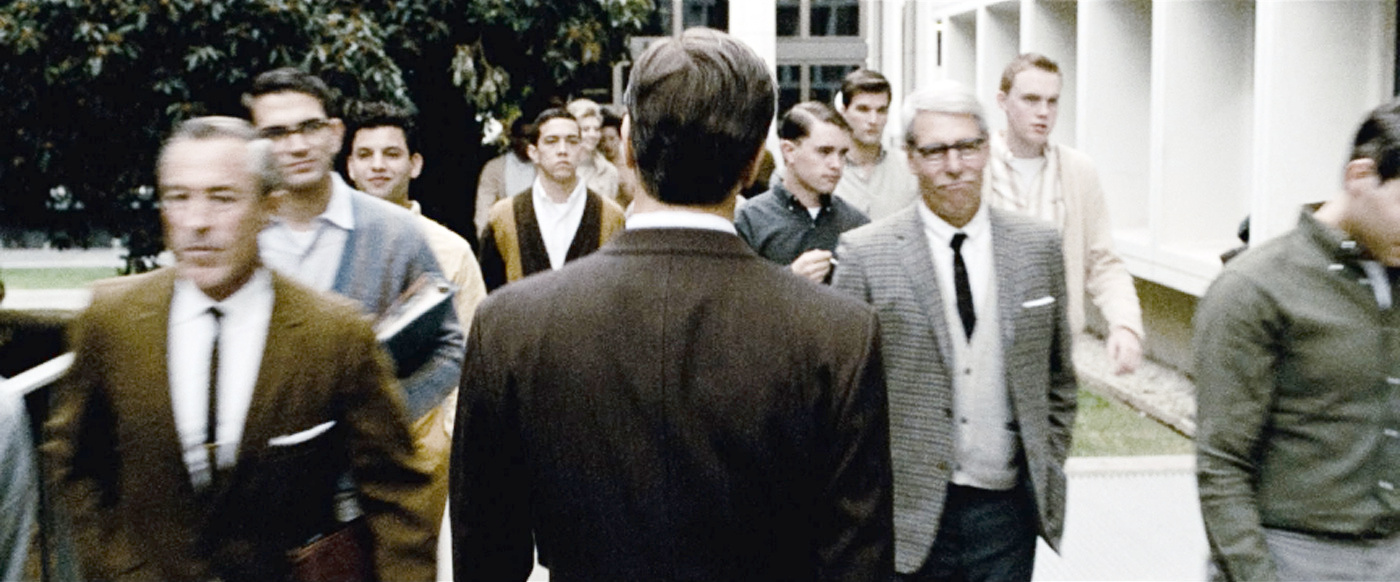
In 1945, Isherwood published Prater Violet, fictionalizing his first movie writing job in London in 1933-1934. He decided not to take monastic vows, but he remained a Hindu for the rest of his life, serving, praying, and lecturing in the temple every week and writing a biography, Ramakrishna and His Disciples (1965). He also became a disciple of the Ramakrishna monk, Swami Prabhavananda, head of the Vedanta Society of Southern California. They returned to England and Isherwood went on to Hollywood to look for movie-writing work.
:max_bytes(150000):strip_icc()/christopher-isherwood-and-don-bacardy-488058559-4a449029675844f6a5ffdc8a9d3224e8.jpg)
In 1938, Isherwood sailed with Auden to China to write Journey to a War (1939), about the Sino-Japanese conflict.

England refused entry to Neddermeyer on his second visit in 1934, and the pair moved restlessly about Europe until the Gestapo arrested Neddermeyer in May 1937 and then finally separated them. In Berlin in 1932, he also began an important relationship with Heinz Neddermeyer, a young German with whom he fled the Nazis in 1933. His experiences provided the material for Mister Norris Changes Trains (1935) and Goodbye to Berlin (1938), still his most famous book. In 1930, he moved to Berlin, where he taught English, dabbled in Communism, and enthusiastically explored his homosexuality.

He briefly attended medical school and progressed with his first two novels, All the Conspirators (1928) and The Memorial (1932). Isherwood tells the story in his first autobiography, Lions and Shadows.Īfter Isherwood wrote joke answers on his second-year exams, Cambridge University in 1925 asked him to leave. Auden he wrote three plays- The Dog Beneath the Skin (1932), The Ascent of F6 (1936), and On the Frontier (1938). Isherwood was a novelist, playwright, screenwriter, autobiographer, and diarist. British-born American writer Christopher William Bradshaw Isherwood portrayed Berlin in the early 1930s in his best known works, such as Goodbye to Berlin (1939), the basis for the musical Cabaret (1966).


 0 kommentar(er)
0 kommentar(er)
